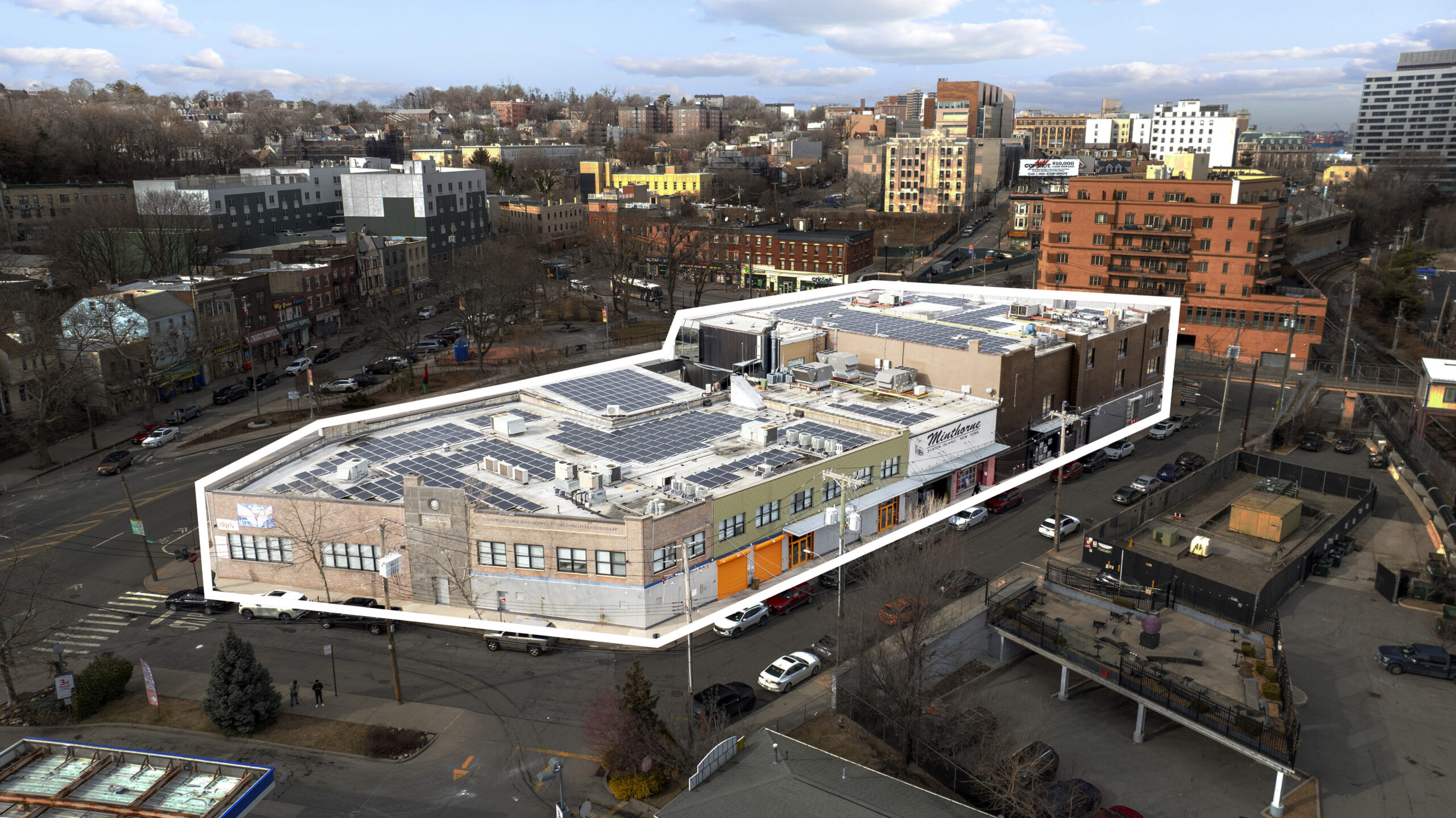1. The Style of Your Home
In this area of home appraisal, there’s a fine line between too trendy and too old-fashioned.
Interior design fashions come and go. So, while the latest trends might appeal to some prospective buyers, an appraiser’s likely to see them as something that could date your home in years to come.
Due to this, modern flooring won’t always have a positive effect on the value of your home. Yet, well maintained classic types of flooring like solid hardwood can add a lot of value.
These timeless classics are hard wearing and fit in with most design styles, so they never go out of style.
2. Recent Improvements
Along with new kitchens and bathrooms, hardwood floors are among the most valuable home renovations you can make.
These types of renovations can create a substantial increase in your home’s value from one appraisal to the next.
That’s because these improvements have a long lifespan and thus add considerable value for a new homeowner.
In the case of hardwood flooring, repairing any chips or cracks is often enough to improve the appearance and longevity of the floor, and thus the value of your home.
3. Overall Look and Feel
There’s no doubt that hardwood flooring improves the appearance and value of your home but it has its place. For instance, this article might make you think twice about installing hardwood everywhere.
Carpet suits bedrooms better, and tile floors work best with kitchen and bathrooms.
The main way that flooring affects your home appraisal in this way is by means of consistency. Contrasting floor colors and textures butted up against each other can detract from your home’s overall style, and thus it’s value.
Make sure you get your carpets deep cleaned before you get your home appraised. Dirty carpets can smell and look worse for wear than they really are.
4. Heating and Airconditioning
Any aspects of your house that contribute to conserving energy add considerable value to your home.
In this way, flooring that helps reduce heating costs by virtue of its insulating properties is a big bonus. In this way, carpet is an asset in cold climates, while engineered hardwood adapts well to both heat and cold.
5. Comparable Homes’ Appraisal Value
Recent sales in your neighborhood have a huge impact on how appraisers value your home.
They’ll take a close look at what comparable homes with similar floors, floor areas, and upgrades are selling for in your area before assigning a value to your home.
If most of the recently sold homes in your area have carpet, then they’ll price your home accordingly. Always consider this before you perform upgrades to your home.
Appraisers are reluctant to price your home out of the surrounding market. So, you might not get a good ROI if you go overboard.
The Ins and Outs of Real Estate
Are you looking to increase the appraisal value of your home, or simply fascinated by the world of real estate?
Either way, you’ll find plenty of food for thought on our blog. Keep browsing for more insights.







Leave a Comment